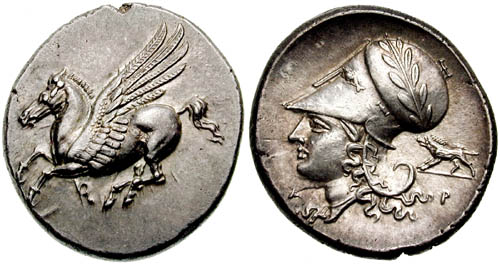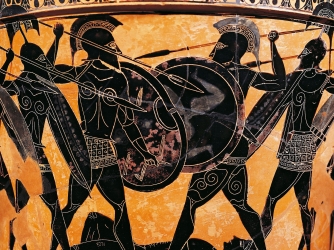

In short, he grew the pie and he shared the pie.Ī: Yes, but it would have been even better if, rather than simply doling out money, he had paid a little more attention to where it went and how it was spent. He grew the sport, he increased FIFA's commercial and media revenue tremendously, he lobbied hard for nations in Africa, Asia, Oceania and North and Central America to have a greater say and he redistributed plenty of income to those parts of the world. I mean, before Havelange you had a FIFA president, Stanley Rous, who thought apartheid-era South Africa should not be boycotted at a time when virtually every major sport was protesting against the racist regime.īlatter changed all that. It has been at the heart of his success.Ī: Well, before Blatter came on to the scene as General Secretary under President Joao Havelange, FIFA was essentially run by and for wealthy Western European nations and major powers in South America, the game's blue bloods, so to speak. The other problem is the climate he helped create around FIFA, what we've come to call the "culture of corruption and patronage." He may not have set out to do it, but he created a system in which folks support him because he dispenses vast amounts of cash to national football associations, often with insufficient oversight. Q: Which may help explain why some FIFA delegates treat him like a deity.Ī: Exactly.

So they don't even think there can be a better, or even just different, way. They become cynical and reckon he'll always be in power.

It removes the possibility of change and that leaves people further down the food chain stuck believing he's the only option. First and foremost, it's unhealthy in any organization to have leaders serve for so long. Q: So which is Blatter - solution or problem?Ī: He's part of the problem. And why he feels entitled to keep talking about how FIFA is the one to be damaged by all this scandal and why he's part of the solution, not part of the problem. But I'm telling you what Blatter might say in his defense. He might say it's a bit like asking the president of the United States to resign if a congressman turns out to be corrupt.Ī: No. Blatter didn't put them on the committee. The guys who got into trouble over that were members of the executive committee. Q: What about the Russia 2018 and Qatar 2022 votes?Ī: Same deal. They were voted on to the executive committee by their respective confederations, CONCACAF and CONMEBOL. Sepp Blatter could point out that folks such as Jeffrey Webb or Rafael Esquivel don't work for him and, in fact, he didn't bring them into FIFA. All but one of the guys who were indicted last week aren't FIFA employees. Q: All the corruption, bad-mouthing, scandals at FIFA - it doesn't occur to them to give somebody else a shot at running the place?Ī: Well, strictly speaking, much of what you're talking about wasn't at FIFA. What does it all mean? And can there be any hope for real reform in football? We asked Gabriele Marcotti to assess the election and what could happen next. Sepp Blatter won re-election for an unprecedented fifth term as FIFA president on Friday after challenger Prince Ali Bin Al Hussein of Jordan conceded following the first round of voting.


 0 kommentar(er)
0 kommentar(er)
